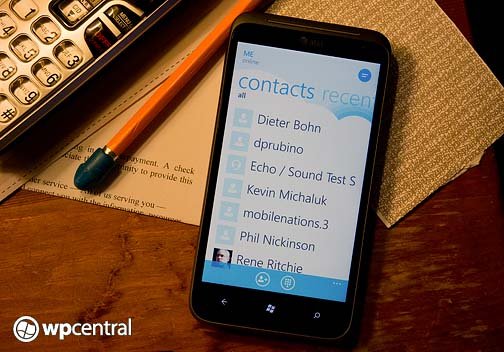Skype responds to questions raised about security, denies ulterior motives

All the latest news, reviews, and guides for Windows and Xbox diehards.
You are now subscribed
Your newsletter sign-up was successful
A few days ago, questions were raised over Skype's security in that Microsoft is reconfiguring the Skype network to allow Law Enforcement Agencies can have access to intercept calls. Mark Gillett, Skype's Chief Development and Operations Officer, responded to these concerns today.
With regards to the claims Skype has made changes in its architecture to provide Law Enforcement Agencies have greater access to Skype communications, Gillett says that this is false:
"The move was made in order to improve the Skype experience, primarily to improve the reliability of the platform and to increase the speed with which we can react to problems. The move also provides us with the ability to quickly introduce cool new features that allow for a fuller, richer communications experience in the future."
Gillett continues to explain that the move to mega-supernodes was not intended to facilitate greater law enforcement access to Skype user's communications:
"Skype's architecture decisions are based on our desire to provide the best possible product to our users.""While we are focused on building the best possible products and experiences for our users, we also fundamentally believe that making a great product experience also means we must act responsibly and make it safe for everyone to use."
Law Enforcement Agencies must follow appropriate procedures (e.g. court issued subpoena) to access records and Skype will respond to such requests where legally required (and technically feasible). Skype's Privacy Policy echoes Gillett's position by stating,
"Skype may disclose personal information to respond to legal requirements, exercise our legal rights or defend against legal claims, to protect Skype’s interests, fight against fraud and to enforce our policies or to protect anyone's rights, property, or safety."
With regards to the architecture changes making it easier for Skype to record and monitor your conversations, Gillett assures us that this too is false. Skype, as some may know, does collect information from users but, according to Gillett, audio and video captures from calls do not take place. Instant messaging is captured and stored for thirty days to enable users to retrieve messages history.
To repeat Dan's bottom line from a few days ago, if you're a political dissident or concerned about privacy Skype might not be for you. For all the fine print on Skype's Privacy Policy and what content they do capture, just follow this link.
Source: Skype's Big Blog
All the latest news, reviews, and guides for Windows and Xbox diehards.

George is a former Reviews Editor at Windows Central, concentrating on Windows 10 PC and Mobile apps. He's been a supporter of the platform since the days of Windows CE and uses his current Windows 10 Mobile phone daily to keep up with life and enjoy a game during downtime.
